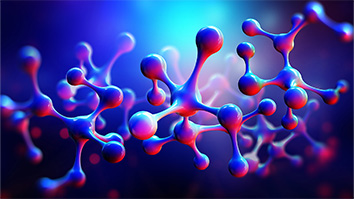Citation
De Carli, P. S. (2013). Meteorites from mars via a natural two-stage gas gun. Procedia Engineering, 58, 570-573. doi: http://dx.doi.org/10.1016/j.proeng.2013.05.065
Abstract
Over 50 meteorites are now recognized as having originated on Mars. These meteorites appear to have crystallized in a substantial gravity field and contain trapped gases identical in isotopic composition with the Martian atmosphere measured by Viking spacecraft. It is assumed that the acceleration of these meteorites to the 5 km/s escape velocity of Mars is the result of crater forming impacts of asteroids and/or comets on Mars. Direct shock acceleration implies the meteorites were subjected to a shock pressure of about 65 GPa, but most Martian meteorites show no evidence of such high pressures. Based on hydrocode calculations, it has been proposed that these meteorites were accelerated to the 5 km/s escape velocity of Mars as low-pressure high-velocity spalls. This mechanism is impossible, a violation of momentum conservation. Here we examine alternate mechanisms. We conclude that Martian rocks could be accelerated by the expansion of supercritical water that was shock compressed by the impact of an asteroid or comet, as was originally proposed by Wasson and Wetherill.


